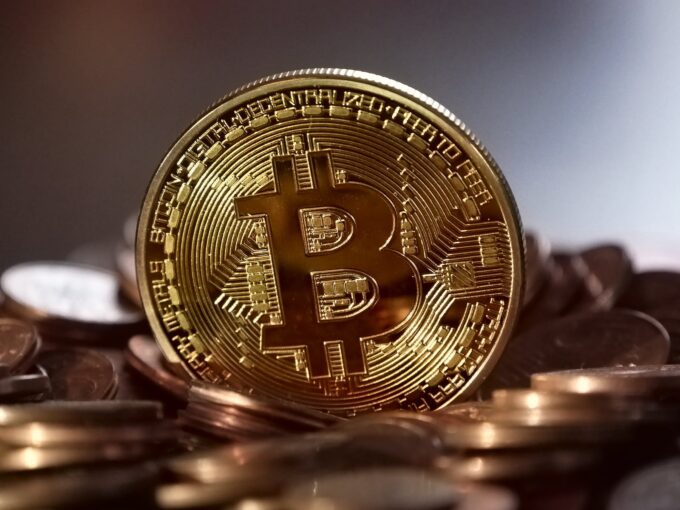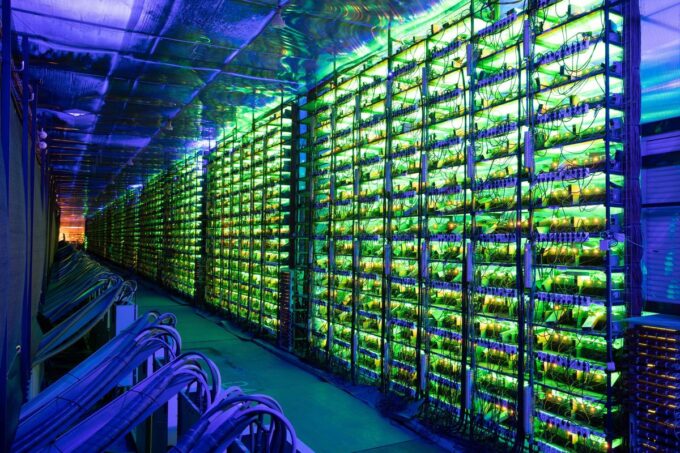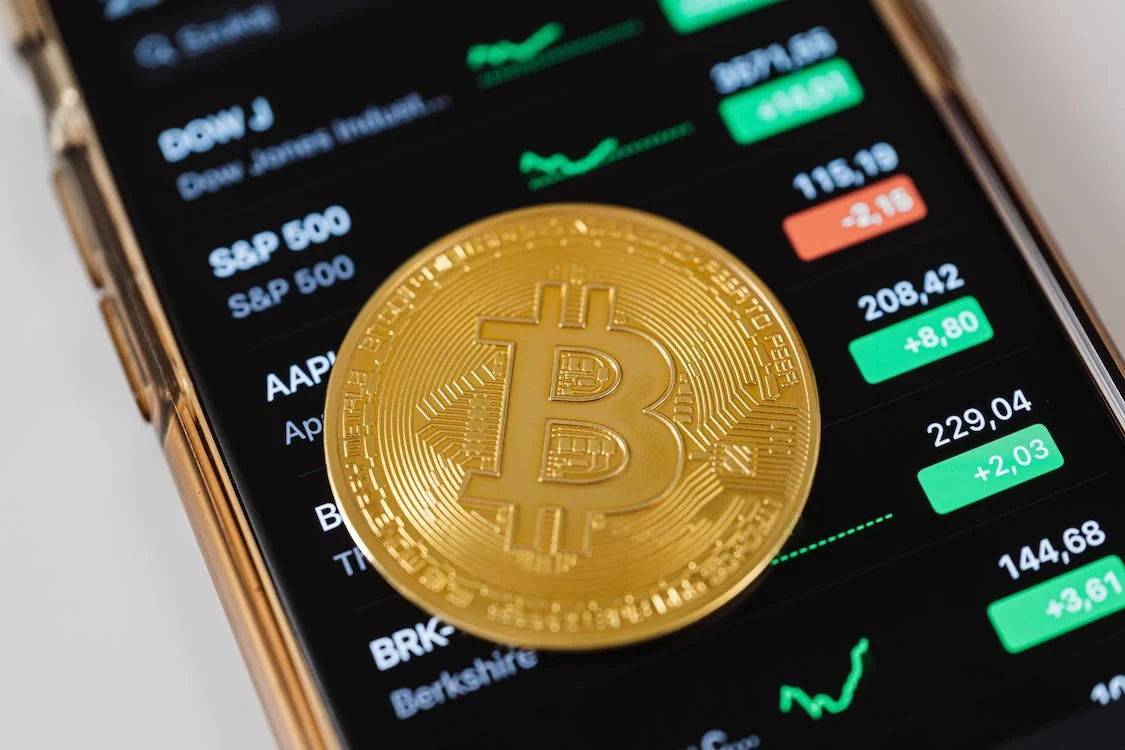Bitcoin is a digital currency that has gained a lot of traction in the past few years. What is it? How does it work? And most importantly, how does it impact the environment? It is a cryptocurrency—basically, a type of unregulated electronic money. It works by using cryptography to secure transactions and control the creation of bitcoin.
The technology that underlies bitcoin enables users to make payments without having to trust third parties such as banks or credit card companies. Bitcoin SV offers a large community of people interested in this crypto. Transactions are verified by network nodes before they are added to the blockchain ledger, which is public knowledge. Since this crypto doesn’t rely on traditional financial institutions, there’s no need for expensive infrastructure or for risky financial speculation. This leaves more room in the economy for other types of businesses.
In short, bitcoin is an innovative digital currency that has the potential to impact the environment in positive ways. However, there are still some major questions that need to be answered before we can say for certain how it will impact the world.
Is Bitcoin sustainable?

Bitcoin is not sustainable as a currency because of its high energy consumption. To produce one coin, miners must use intensive computer processing power to solve complex mathematical problems. This process consumes an estimated 1,000 megawatts of electricity, more than the annual output of some small countries.
While some proponents argue that the currency’s high energy consumption is offset by its environmental benefits, others contend that the digital currency is environmentally unsustainable and could lead to increased pollution and carbon emissions.
What are the Environmental Implications?

There are environmental implications for bitcoin and other digital currencies, but they are difficult to assess because little is known about how they work or how they impact the environment. Some researchers have suggested that bitcoin could be environmentally friendly because it allows for more efficient transactions without requiring a central authority.
One potential benefit of bitcoin is that it could reduce environmental waste. For example, if people stopped using cash, they would produce more waste when they threw away old currency notes. By using digital currencies instead, these notes could still be used as legal tender, but their physical form would no longer exist. This would reduce the amount of wasted paper and plastic.
What is Bitcoin Mining?

Bitcoin mining is the process of verifying and adding transactions to the public ledger of Bitcoin, known as the blockchain. Mining involves several steps: detecting a new block, testing the block’s contents, deciding whether to include it in the current ledger, and then broadcasting the block to other nodes. Mining is designed to be resource-intensive and difficult so that no individual or network can control how many bitcoins are created.
The process makes use of specialized computers designed to carry out this task. Mining software runs on these computers and performs three tasks: detecting new blocks, testing the blocks’ contents, and broadcasting the results to other nodes. Specific hardware is used for each task, with specialized chips making it possible to mine Bitcoins at high speeds.
Mining creates new bitcoins and helps support the network by distributing transaction fees. Miners also receive newly created bitcoins as compensation for their participation in verifying and propagating transactions on the network.
The different types of miners can be divided into three main categories:
1) ASIC miners – These are the most powerful type of miners available and are used by large mining pools. They can generate blocks much faster than regular computers, but they also use a lot of energy.
2) Graphic processing units (GPUs) – GPUs are used mainly for mining Ethereum and Monero, two cryptocurrencies that use different algorithms than Bitcoin. Because they are less powerful than ASICs, GPUs are not as popular for Bitcoin mining.
3) CPU mining – This is the oldest type of mining and is still used by a minority of miners. It works by running software on your computer that solves complex mathematical problems to earn bitcoins.
How Does It Affect the Environment?
It has a significant environmental impact. The electricity used to power mining operations is highly concentrated in China and other parts of Asia. In December 2017, the Chinese government announced a plan to reduce coal consumption by 50 million tonnes. This led to the closure of many coal-fired power plants, and the use of more renewable energy sources like solar and wind.
However, this might not be enough to address the environmental concerns around bitcoin mining. The total amount of electricity used to mine bitcoins is estimated to be around 3.5 terawatt-hours per year. This is about the same as Ireland’s annual energy consumption.
The huge energy demands created by bitcoin mining have led some companies to explore ways of reducing their impact. For example, BitFury has developed a new technology called “ proof-of-stake ” which allows miners to verify transactions without using up resources on mining rigs.
What are the benefits of using cryptocurrency?

There are many benefits to using cryptocurrency, including:
-Instantaneous transactions: Cryptocurrencies are transaction-based, meaning there is no need to wait for a bank wire or transfer to process. This can be a big advantage for those who need their money quickly.
-Security and anonymity: Cryptocurrencies use cryptography to secure transactions and protect users’ identities. This makes them an attractive option for people who want to keep their financial dealings private.
-Low fees: Cryptocurrencies typically have low fees, making them an affordable way to transact.
-A global market: Cryptocurrencies are global, meaning they can be used anywhere in the world. This makes them an attractive option for people who want to invest
Conclusion

Bitcoin is a digital and decentralized currency that impacts the environment in several ways. First, because of its reliance on cryptography to secure transactions, bitcoin reduces the need for financial institutions to process and store large amounts of data. Second, because bitcoins are not backed by any physical assets, they may cause environmental destruction if they become worthless due to economic instability or government intervention. Finally, as bitcoins are generated through complex mathematical algorithms rather than being created through traditional means like the printing press or minting coins, it has the potential to consume significant resources without providing corresponding benefits.










